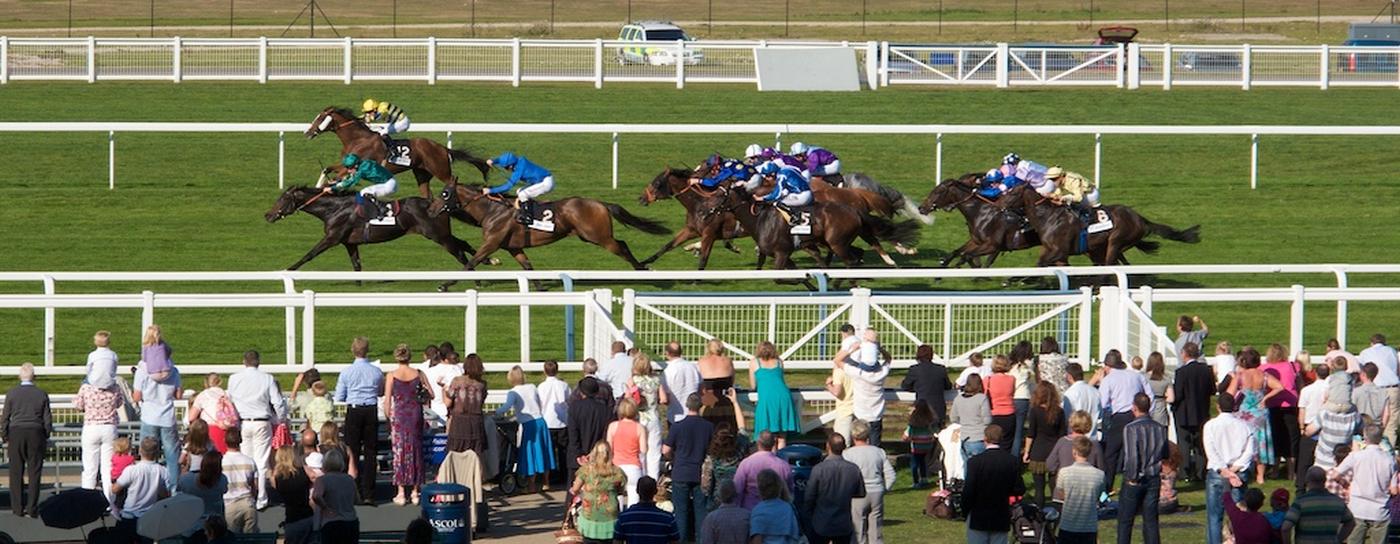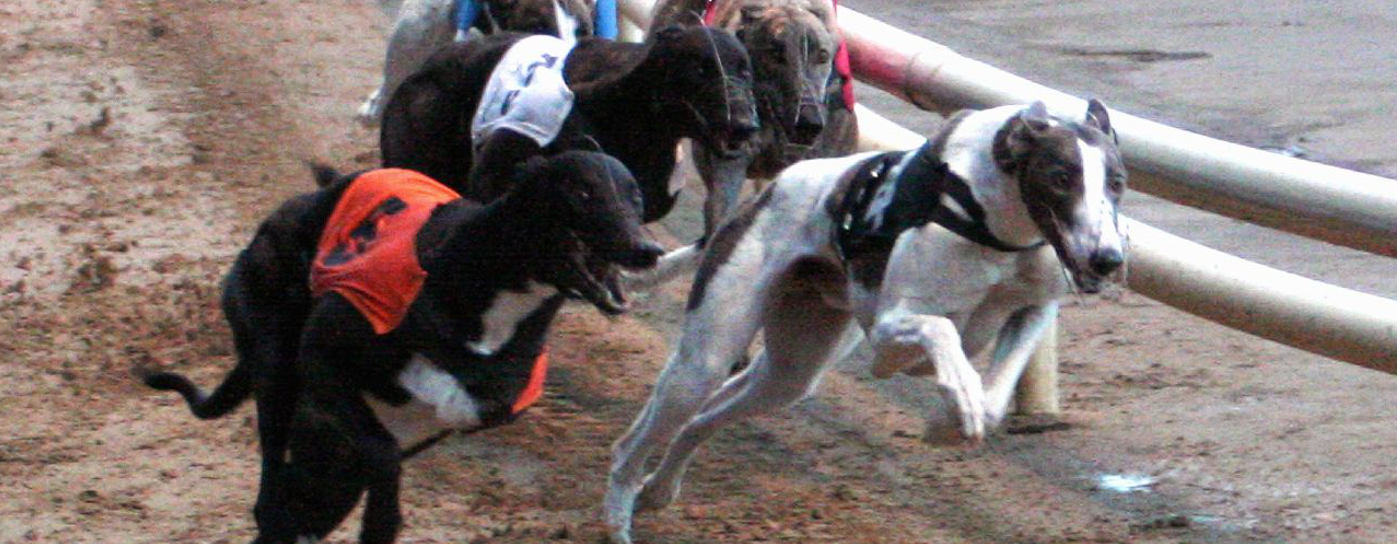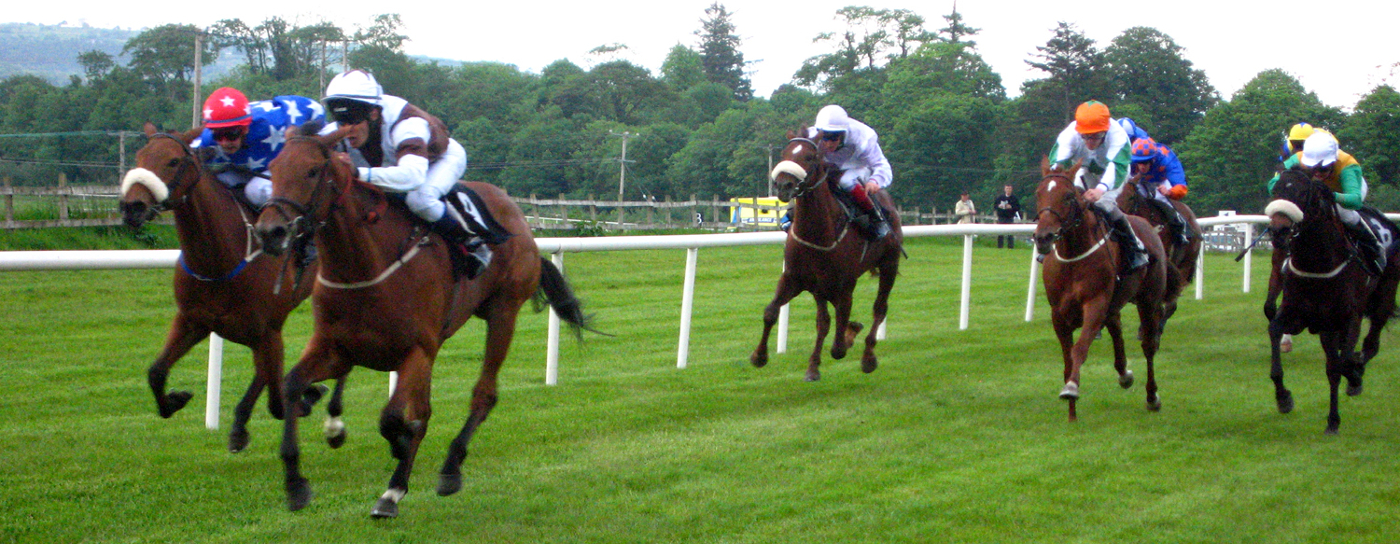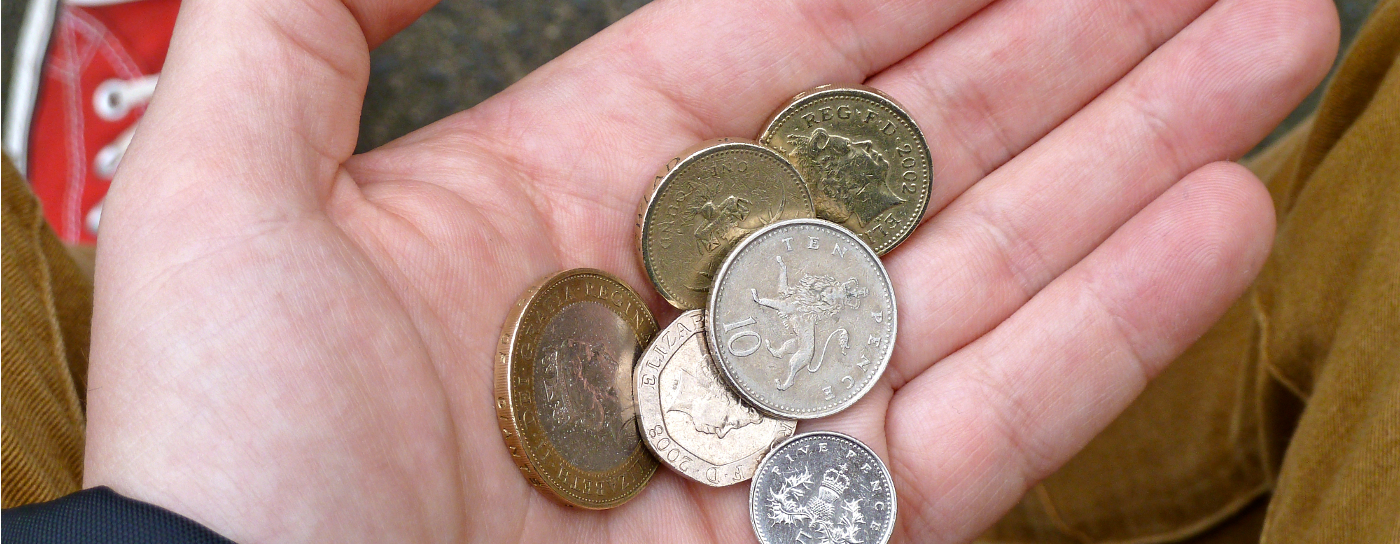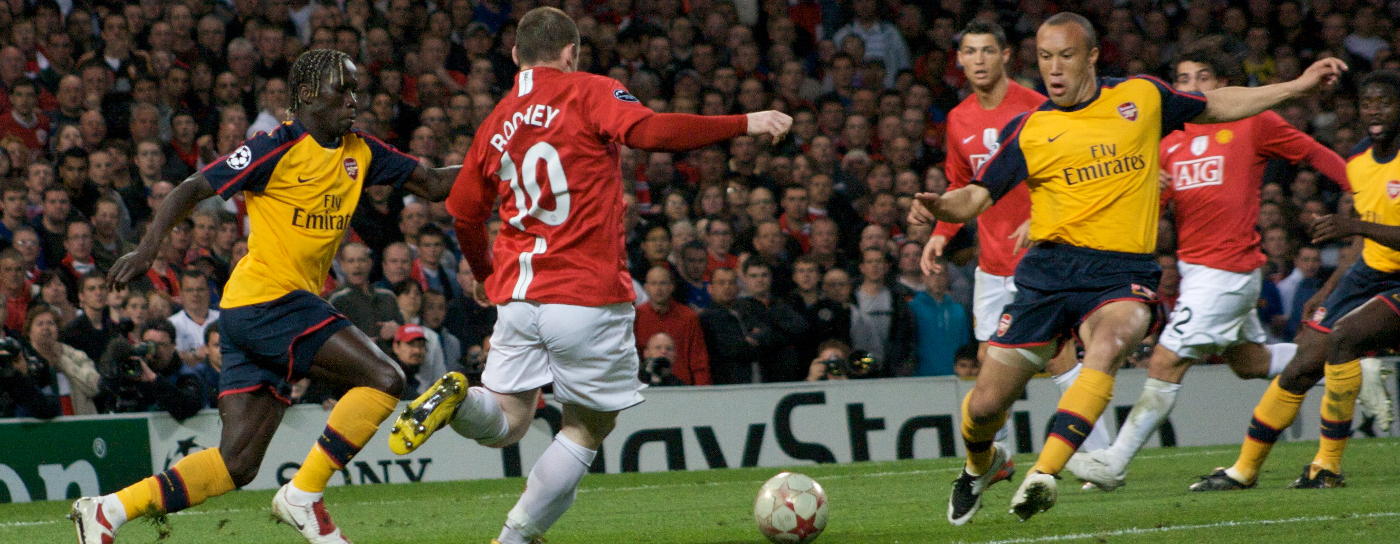
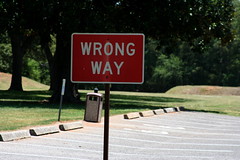
Every business has a primary income, trades at a profit on that income or it fails. In general, if that income comes from multiple sources the better chance it has of surviving.
Where does the vast majority of horse racing’s primary income come from? As with most businesses horse racing has some big clients, e.g. JP McManus. Just as fortunately it has millions of other customers, some who spend something on horse racing daily, weekly, monthly or once per annum, e.g. betting, small owners, visiting a local racecourse once or more per annum or just one bet on the Grand National. These groups of people make up horse racing’s most important clientele, e.g. owners and customers in general, be they punters or not.
Many other major income sources are not ‘primary’; they are ‘secondary’ income using a conduit, e.g. bookmaker levy, bookmaker media rights, Racing TV and Racing Post sponsorship, OLBG and other websites sponsoring fences at National Hunt, etc. All this secondary income is generated by the same owners and customers spending more of their hard earned money with these companies or services.
What Chris Cook’s article (https://www.theguardian.com/sport/blog/2019/jan/02/talking-horses-racing-in-need-of-leadership-as-irish-replays-disappear?CMP=share_btn_tw) says to this author is; why do horse racing’s owners and customers put up with the frequent disregard of their wishes, even their needs? If you take your betting seriously you want to be able to watch replays. I would think it’s also pretty certain that owners like to watch their ‘pride and joy’ again on a replay? This recent move is the latest of many examples of racing’s authorities disregarding the people they need the most.
To be fair, horse racing is not the only sport that treats its fans like ‘dirt’ (see Premier League football, TV and kick-off times), but two wrongs don’t make a right.
Horse racing’s authorities frequently forget that many of their business partners would not have any income to pass on to horse racing; be it compulsory or voluntary, without happy owners and customers, e.g. bookmakers and media.
Small fields, reduced prize money, owners opting for easier routes for their horses, trainers going out of business, courses being empty mid-week, is NOT the fault of owners and customers.
It’s time for horse racing’s authorities to take much less notice of a few noisy, sometimes narcissistic, frequently commercially self interested parties, who have become far too influential. Racing’s authorities need to seek the views, much more frequently, of those who provide not just the industry’s core funding, but its secondary funding as well.
Obtaining a percentage of leisure spend, however small, is extremely competitive; it’s time to recognise this.

